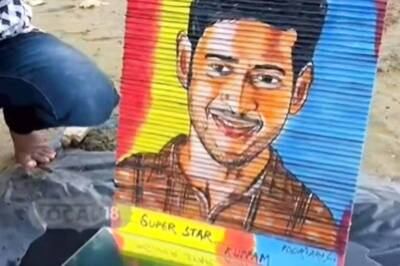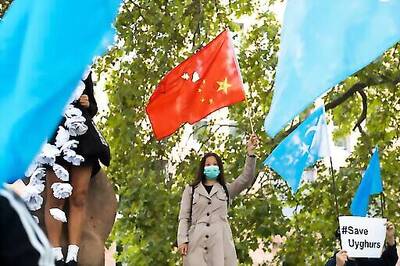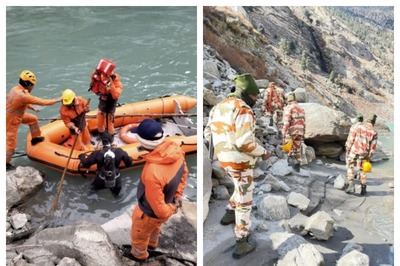
views
Lawyers for 17 people arrested at pipeline protests in Louisiana say a local prosecutor has rejected felony trespass charges against them all.
The decision is a major victory for free speech, attorney Bill Quigley and the Center for Constitutional Rights said.
District Attorney Bofill Bo Duh sent a letter late Friday saying he did not plan to prosecute any of the 16 protesters or a freelance journalist who was arrested at one demonstration, said Pamela Spees, an attorney for the center.
To avoid any doubt, l write this letter as an assurance of non-prosecution and to affirmatively disavow any future prosecution, Duh wrote in a copy provided Wednesday to The Associated Press. The letter was dated June 16, but had been corrected Friday to include all 17 names, Spees said.
Duh did not immediately respond to a call Wednesday requesting comment.
The 17 were arrested at several different events in various parts of St. Martin Parish, Spees said.
They were arrested under a 2018 law that added pipelines to the list of items considered critical infrastructure in Louisiana. The law, which was passed during a time of protests against the Bayou Bridge pipeline, means that anyone convicted of trespassing near a pipeline could be sentenced to as much as five years in prison.
The 162-mile (260-kilometer) oil pipeline, which runs through the environmentally sensitive Atchafalaya Basin, was completed in 2019. It is connected to the Dakota Access Pipeline and owned by the same company.
A challenge to the law itself remains in federal court in Louisiana’s Western District.
Spees said she thinks the trespassing charges were dropped in the expectation that this would nullify the federal lawsuit. We don’t agree, she said.
This critical infrastructure law is part of a national effort to crack down on environmental activists across the U.S., a news release from the attorneys said Tuesday. The first of these laws was passed in Oklahoma in 2017, creating severe penalties for interfering with pipelines and other critical infrastructure and conspiring to commit such interference.
The challenge to Louisiana’s law was brought by journalist Karen Savage, of New York, and protesters Ramon Mejia, of Biloxi, Mississippi, and Anne White Hat, of New Orleans, a member of the Lakota Nation who moved from South Dakota to Louisiana in 2010.
A federal judge ruled in May that they could continue their suit against the parish sheriff and district attorney but landowners, environmentalists and community groups had no legal standing to do so.
Today, we are counting Coup” on businesses and politicians “who viewed our powerful grassroots resistance to the Bayou Bridge Pipeline as a viable threat to their capitalist greed and waged an unjust war to silence us, White Hat said in Tuesday’s news release.
Disclaimer: This post has been auto-published from an agency feed without any modifications to the text and has not been reviewed by an editor
Read all the Latest News, Breaking News and Coronavirus News here.




















Comments
0 comment